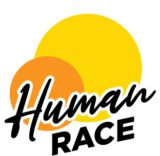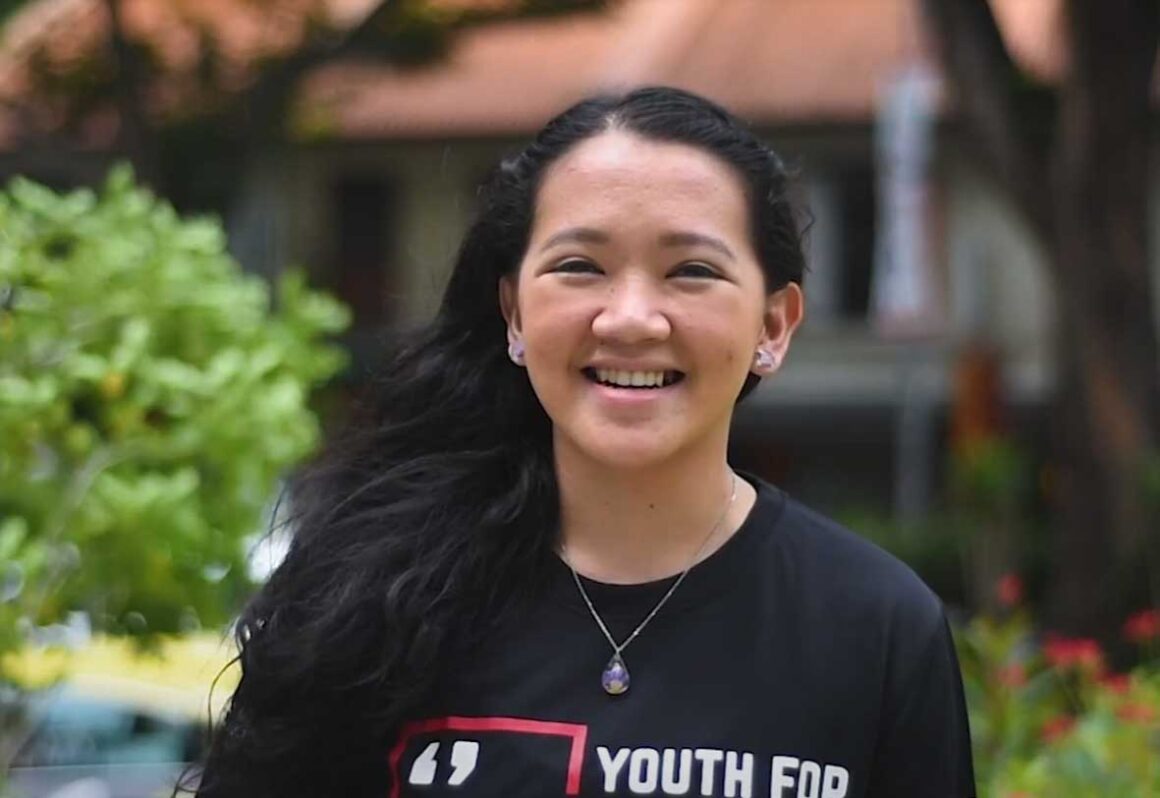I have struggled with bullying and mental health most of my life so I know how people with intellectual disabilities feel when bullied. When I first decided to volunteer with Special Olympics, I did it not only because I believed in their mission but also because watching the athletes transform their lives was so inspiring that I wanted to be a part of that journey.
This is when I met Brina Maxino, a Special Olympics athlete with Down Syndrome. I loved being around her because she is such a happy, bubbly personality to have by your side. We were paired to work on various projects, and I made sure her voice was heard every time we spoke in public. We have great synergy that has earned us the title of ‘dynamic duo’. We might not agree with each other always, but over the years we’ve found ways to make things work.
I have been part of many memorable projects thanks to the Special Olympics movement, both at home in the Philippines as well as on a global scale. My favourite was the ‘Youth Activation Rally: Party Prom edition’, where we gathered people with and without intellectual disabilities to partner up, dress up and dance together. It was a successful event which helped me realise that the only way you can change the perspective of people is by giving them a direct experience of an inclusive society.
Over the years, Brina and I have had the opportunity to represent the region at various international platforms, including the Global Youth Summits in 2013 and 2015 and the Special Olympics International Global Youth Strategic Planning Workshop. One of our biggest moments was being invited to the White House in 2014, and meeting the former President and First Lady of the United States, Barack and Michelle Obama. It was amazing.
Looking back I realise how far I have come. Things were not always like this. I battled with self harm & mental health issues. At first, I tried fighting this alone but later I realised that I could not, and wanted help. I took up therapy and have seen a substantial difference in myself. There are still good and bad days but I am proud of myself for fighting through it. The most important thing with mental health is that you need to be willing to get better and ask for help. You should have that intention, that desire to actually get out of whatever bad state you are in and become better. Do it for yourself and for the people that you love.
If anyone reading this is going through the same emotions as I did earlier, I want you to know that never think of yourself as a burden, there are people who are willing to help you. We are all in this together and can only fight this battle hand in hand.
All these experiences have made me even more grateful for what I have right now and hence I want to make this world a better place for people with intellectual disabilities. I know how it feels to be invisible and I cannot let anyone feel that way.
I want people to understand that diversity is fascinating and the differences in people should be embraced. In fact, they should be fostered. After all, strength lies in differences and not similarities.
As we learn to embrace our diversity, we become stronger, more tolerant and eventually a better society and a more inclusive world for each individual, with or without intellectual disability.

